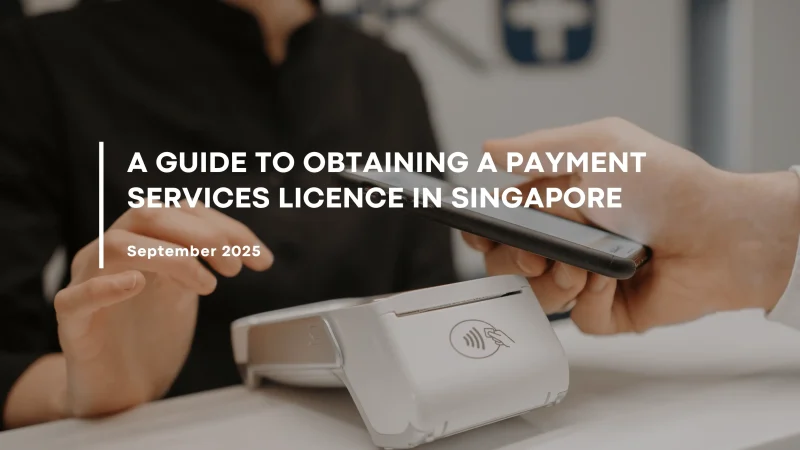Legal disputes can be stressful, time-consuming, and complex. Whether you’re a business owner dealing with a contract dispute, a shareholder facing corporate conflicts, or an individual navigating a civil lawsuit, understanding the litigation process is essential. At PDLegal, we work closely with our clients to provide clear legal guidance, strategic representation, and solutions that align with their goals.
What is Corporate, Commercial & Civil Litigation?
Corporate, Commercial & Civil Litigation covers a broad range of legal disputes, from business disagreements to personal legal conflicts. These disputes can arise from broken contracts, financial issues, or even regulatory challenges. Regardless of the complexity, having the right legal team by your side makes all the difference.
Key Areas of Litigation
Corporate Disputes
Corporate litigation often involves disagreements between shareholders, directors, or third parties. Some of the most common cases include:
-
- Shareholder and partnership disputes
-
- Breach of fiduciary duty
-
- Corporate fraud and asset recovery
-
- Disputes over mergers and acquisitions
These disputes can have serious financial and reputational consequences, so swift legal action is crucial.
Commercial Disputes
Running a business is challenging, and legal conflicts can arise at any time. Commercial litigation includes:
-
- Breach of contract claims
-
- Banking and finance disputes
-
- Trade and supply chain conflicts
-
- Consumer protection cases
A well-handled dispute resolution strategy can prevent long-term damage to a business and help maintain positive relationships.
Civil Litigation
Civil litigation involves non-business-related disputes between individuals or organizations. These cases often include:
-
- Real estate conflicts
-
- Employment disputes
-
- Defamation and reputation management
-
- Regulatory compliance issues
Whether it’s a contractual disagreement or a dispute over property ownership, our team helps clients navigate the legal process effectively.
The Litigation Process: What to Expect
If you’re facing a legal dispute, it’s natural to feel overwhelmed. Here’s a breakdown of the typical litigation process:
-
- Case Evaluation & Investigation – Understanding the situation, gathering facts, and assessing the legal standing of the case.
-
- Filing a Claim or Defense – Preparing and submitting necessary legal documents.
-
- Discovery & Evidence Gathering – Collecting relevant information from all parties involved.
-
- Pre-Trial & Negotiations – Attempting to settle the matter outside of court when possible.
-
- Trial & Court Proceedings – Presenting the case in court if a settlement isn’t reached.
-
- Appeals & Enforcement – Challenging court rulings or ensuring compliance with judgments.
Every case is unique, so the approach needs to be tailored to fit the specific circumstances.
Resolving Disputes Without Going to Court
Litigation isn’t always the best or only option. Many disputes can be resolved through:
-
- Mediation – A neutral mediator helps parties find common ground.
-
- Arbitration – A private process where an arbitrator makes a binding decision.
-
- Negotiation – Direct discussions aimed at reaching a fair settlement.
These alternative dispute resolution methods can save time, money, and stress while still achieving a favorable outcome.
Why Choose PDLegal?
At PDLegal, we understand that legal disputes can disrupt businesses, impact livelihoods, and create unnecessary stress. That’s why we:
-
- Develop personalized legal strategies tailored to your case
-
- Offer transparent guidance so you know what to expect at every step
-
- Represent clients at all levels of trial and appellate litigation
-
- Help businesses and individuals navigate disputes efficiently and effectively
Whether you’re dealing with a high-stakes corporate battle or a personal legal issue, we’re here to provide the support and expertise you need.
Need Legal Help? Let’s Talk.
If you’re facing a corporate, commercial, or civil dispute, don’t navigate it alone. Contact PDLegal today, and let’s discuss how we can help you protect your rights and resolve your legal challenges effectively.
FAQs
Which type of lawyer earns the most in Singapore?
How much do corporate lawyers make in Singapore?
Can I sue someone without a lawyer in Singapore?
How to check a lawyer’s license in Singapore?
Where can I verify a lawyer?
Who is the best lawyer in Singapore?
What is FLA Singapore law?
Do in-house lawyers need a practising certificate in Singapore?
This article is intended to provide general information only and does not constitute legal advice. It should not be used as a substitute for professional legal consultation. We recommend seeking legal advice before making any decisions based on the information available in this article. PDLegal fully disclaims responsibility for any loss or damage which may result from relying on this article.


